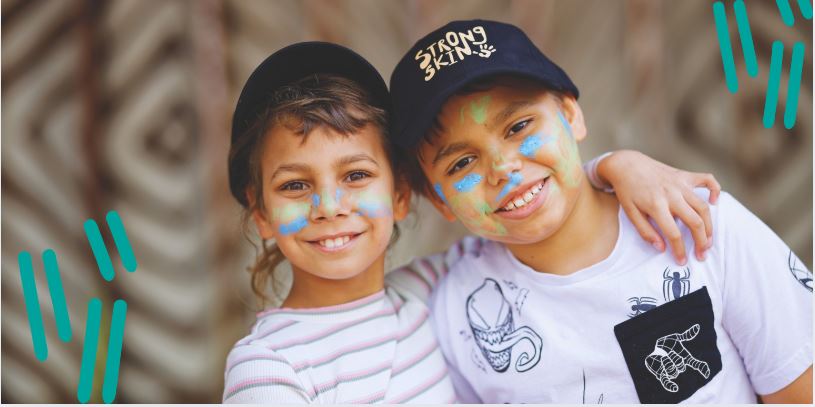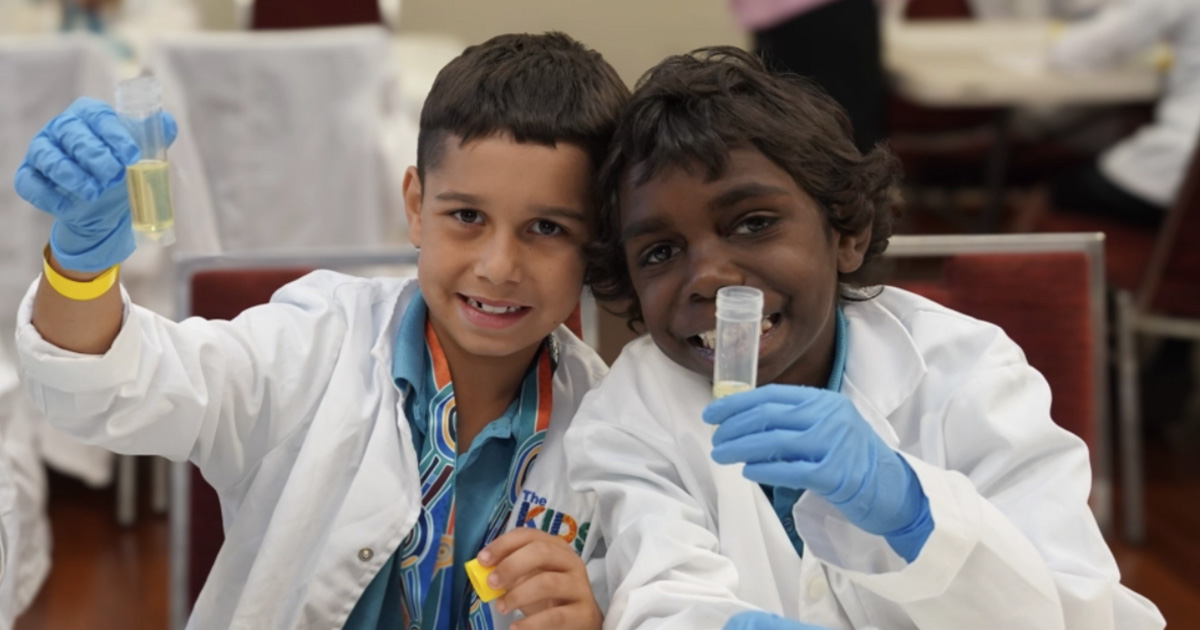Search
Showing results for "Au"
Research
The Effects of Interpregnancy Intervals, Family Size & Sociodemographic Factors on Child Development Outcomes at Age 5This project will investigate the effects of the time interval between pregnancies (interpregnancy interval), family size and other sociodemographic factors on child development outcomes at age five.
Research
The common BDNF polymorphism may be a modifier of disease severity in Rett syndromeRett syndrome (RTT) is caused by mutations in the transcriptional repressor methyl CpG-binding protein 2 (MECP2).
Research
Investigating genotype-phenotype relationships in Rett syndrome using an international data setThis study uses data from a large international database, InterRett, to examine genotype-phenotype relationships and compares these with previous findings in...
Research
Late language emergence at 24 months: an epidemiological study of prevalence, predictors, and covariatesThe primary objectives of this study were to determine the prevalence of late language emergence (LLE) and to investigate the predictive status of maternal...
The Opportunity We are seeking a researcher with experience in consultative research methods to work with the Association of Australian Medical
Design custom data collection forms using WinForms and ASP.Net, administration of data collection, and general database interrogation and management.


News & Events
Celebrating 35 years of impact at The Kids Research Institute AustraliaCoinciding with the Institute’s 35th year of research to improve the health and wellbeing of children and families, the 2025 Impact Report celebrates research which has been translated into policy or practice, and which has led to a paradigm shift in the way we respond to childhood health and wellbeing.

News & Events
The Kids STEM Festival sparks curiosity in the Kimberley!The Broome Civic Centre recently turned into a buzzing hub of discovery as The Kids Research Institute Australia proudly presented the 2025 Broome STEM Festival.

News & Events
A call to action: the second Lancet Commission on adolescent health and wellbeingThe health of the world’s 1.96 billion adolescents is at a critical tipping point.
